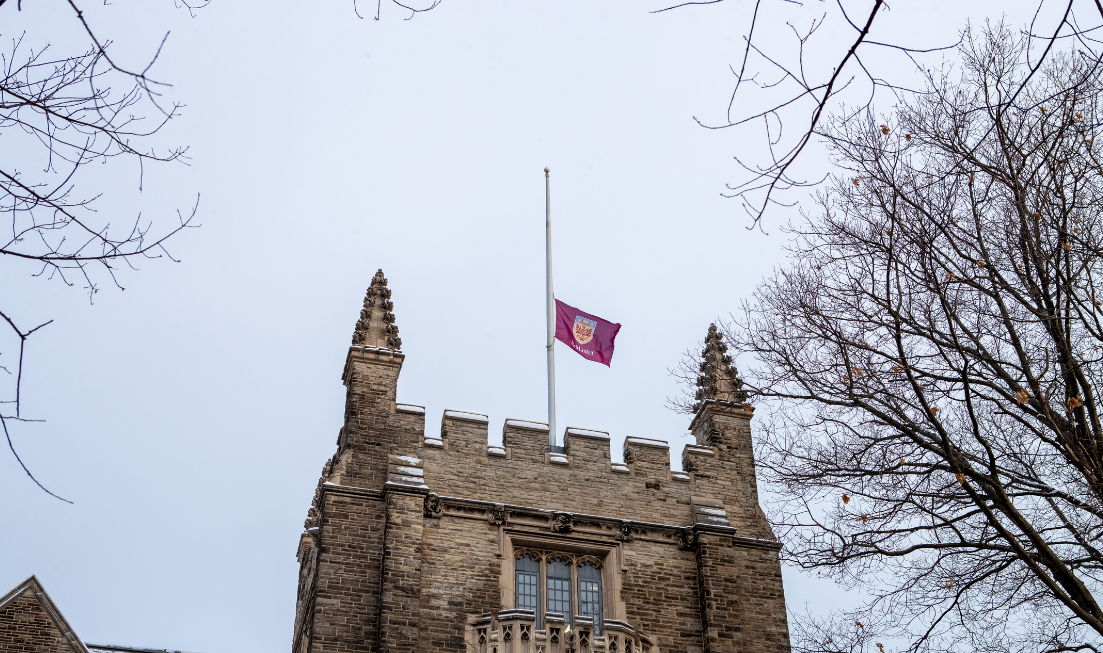‘Let us recommit to building a more inclusive, equitable world’ — A statement on Transgender Day of Remembrance

November 20 marks the annual Transgender Day of Remembrance (TDOR), a solemn occasion to honour the lives of transgender, nonbinary, Two-Spirit, and gender-diverse individuals lost to anti-trans violence. This global observance began as a vigil for Rita Hester, a Black transgender woman brutally murdered in 1998. Her death, like those of many others, remains unsolved. Today, we remember Rita and countless others whose lives were cut short by transphobia, discrimination, and systemic violence.
As we observe TDOR, it is essential to recognize the current societal context, where trans and gender-diverse individuals continue to face rising threats. In recent years, public discourse has been increasingly shaped by the anti-gender movement, which promotes harmful ideologies and fuels discriminatory rhetoric. This ecosystem of violent rhetoric amplifies the risks faced by trans communities, fostering an environment where extreme ideologies can escalate into serious harm. Its normalization highlights the critical need to dismantle the structures and narratives that sustain and motivate hate and discrimination.
As we witness a rise in anti-trans legislation across Canada and around the world, and a growing “anti-gender” movement that poses serious threats of violence, this day reminds us of the urgency of dismantling the systemic barriers and prejudice that continue to threaten the safety and dignity of transgender, non-binary, and gender-diverse people in our communities.
McMaster University reaffirms our commitment to create a community that fosters full inclusion and belonging for all trans, non-binary and gender diverse people
Data from the Trans PULSE Canada Survey (2019) underscores the importance of this work: 20% of trans respondents reported physical assaults and rates of violence were significantly higher among racialized trans people.
This compounding impact of transphobia disproportionately impacting Black, Indigenous, and racialized persons within trans communities emphasizes the importance of addressing anti-trans discrimination through intersectional lenses of race, gender, and class. The survey underscores the persistent systemic barriers and heightened risks faced by racialized trans individuals, reinforcing the urgent need for societal change.
TDOR is a time for collective mourning and a call to action. Honouring those we have lost is vital, but focusing solely on grief can obscure the societal complicity in the violence that disproportionately affects racialized trans women.
This day urges us to reflect on our roles within the systems that sustain such harm. It calls for a shift from empathy to accountability, silent complicity to active engagement, and observation to meaningful action. True commemoration involves transforming the structures and practices that continue to endanger lives.
At McMaster, we remain committed to fostering an inclusive campus environment that is affirming and safe for all. This includes measures such as supporting name and gender changes in university records, providing inclusive facilities, and offering resources such as the Equity and Inclusion Office Sexual Violence Prevention and Response Office and leading programs such as Gender & Social Justice in the Faculty of Humanities.
Beyond institutional policies, we must challenge transphobia in our daily interactions—by calling out discriminatory behaviour, respecting names, and pronouns, and fostering spaces where all feel a sense of belonging.
On this day, as we lower the flag on University Hall in recognition of Transgender Day of Remembrance, let us recommit to building a more inclusive, equitable world. Honouring the memory of those we have lost is essential, but our greatest tribute lies in transforming the practices of the living.
We acknowledge the pain this day may bring for many. If you are in need of support, we encourage you to connect with the supports available on campus and in the community:

